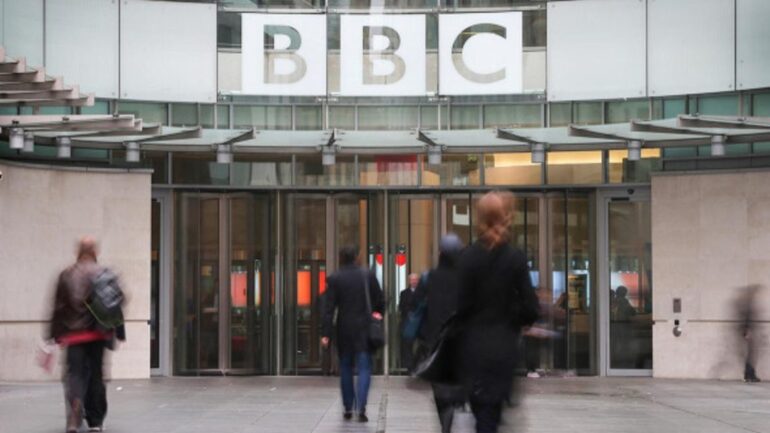TL;DR:
- The BBC is exploring generative AI for journalism, archiving, and personalized content.
- Three guiding principles: Public interest, respect for artists’ rights, transparency.
- Collaboration with tech companies, media organizations, and regulators is planned.
- Specific AI projects to enhance journalism, content discovery, and personalized experiences.
- The Associated Press and other news outlets are also exploring AI integration.
- The BBC blocks web crawlers from accessing its content to protect copyrights and public interests.
Main AI News:
In a recent blog post, the BBC, the United Kingdom’s leading news organization, outlined its strategic stance on harnessing the potential of generative AI. This move signifies a pivotal moment as the BBC explores the integration of AI in journalism, archival efforts, and personalized content experiences. Rhodri Talfan Davies, the BBC’s Director of Nations, expressed the organization’s belief that generative AI offers a pathway to delivering increased value to their audiences and society at large.
The BBC has established three foundational principles that will guide its foray into the realm of generative AI. First and foremost, the BBC is committed to always acting in the public’s best interests, ensuring that the application of AI technology remains aligned with public values. Second, the organization places a strong emphasis on upholding talent and creativity by respecting the rights of artists whose work may intersect with AI-generated content. Finally, the BBC is resolute in its commitment to transparency, pledging to openly communicate and disclose the output generated by AI systems.
To achieve these objectives, the BBC is poised to collaborate with technology companies, fellow media organizations, and regulatory bodies. Their aim is to develop generative AI in a manner that prioritizes the preservation of trust within the news industry. Rhodri Talfan Davies stated, “In the next few months, we will embark on a series of projects to explore the potential of Gen AI in various domains, including journalism research and production, content discovery and archive management, and personalized content experiences.“
While specific details about these projects remain undisclosed, the BBC’s intention is clear: to harness generative AI’s capabilities strategically and responsibly. This endeavor aligns with a broader trend in the news industry, as organizations like The Associated Press have released their own AI guidelines and collaborated with entities such as OpenAI to leverage AI models for storytelling.
However, it is essential to note that the BBC’s commitment to AI advancement is accompanied by a protective stance. In a move echoing that of other prominent news outlets like CNN, The New York Times, and Reuters, the BBC has blocked web crawlers from accessing its digital content. This measure is enacted to safeguard the interests of license fee payers and protect copyrighted material from unauthorized use in AI model training. The BBC firmly asserts that such actions are essential to preserving the public interest.
Conclusion:
The BBC’s strategic adoption of generative AI in journalism signifies a significant shift towards innovation and responsible content creation. As the organization collaborates with industry stakeholders and embarks on AI-driven projects, it sets a precedent for how AI can be leveraged in the media landscape while safeguarding intellectual property and public interests. This move underscores the growing importance of responsible AI integration within the market, emphasizing transparency and ethical considerations.

